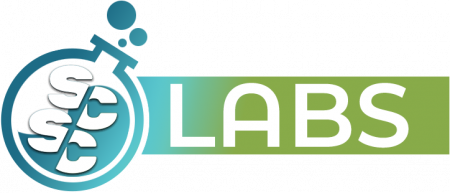Last year, I wrote about Korzybskis semantic theories especially the problems generated among humans who confuse words (symbols) with the objects they represent. Since Im in the business of words, Im forever hopeful that well figure out how to use them well, and resolve our differences with rational discourse. However, having just returned from a publishing event, I can tell you that we have a long way to go.

At the event, I heard sophisticated versions of arguments that began to sound something like, Print is dead… / No, its not! / Is so! / You take that back!! Even with all the smiles and social niceties, it was pretty clear that the transition between print (still important) and digital (still confusing and chaotic) is creating a great deal of discomfort and anxiety.
So, lets look at some of the words we seem to be confusing with their many referents. Print, for example, can mean the physical product: ink on bound sheets of paper. It can also mean the complex, expensive manufacturing and distribution process that publishers must manage in order to get their words, pictures, and ads into the hands of readers. It can mean a bad environmental practice (Dont print; save a tree!)or a good one (Paper is a sustainable resource!) It can also be used in a derogatory sense to describe social change, namely the shift from outdated, static print to modern, hip, dynamic digital communication.
Other words, like healthcare or guns have far more semantic problems, of course, but were in the communication business, so Ill stick with one that affects us professionally. When we say or hear the word print, its very likely we wont understand the legitimate passion or feelings of the person arguing for or against its future. Making progress in developing a publishing strategy depends on connection and understanding something that can only be achieved if we agree on what words mean.
The first takeaway from all this is to recognize that there are multiple referents or objects for every word we use. Some of these are simple and literal, while others are more abstract. English is a particularly tricky language in this respect. New meanings and nuances are generated continuously even for words we normally take for granted. Marketing professionals are in the business of inventing new meanings for old words just to get our attention. However, if we pause for a moment, and consider the possibility of multiple meanings (levels of abstraction, to use Korzybskis phrase,) then we can begin to calm down, truly listen to the other guy, and perhaps find some real solutions.
Those of us who work in the print medium would do well to make words part of the solution, instead of the problem.
–John Parsons

